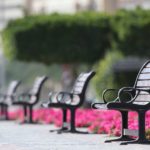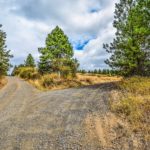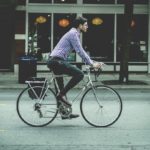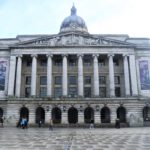Wealth-building for our local economic recovery
This article originally appeared in the MJ
As we begin to emerge from the COVID-19 lockdown, calls for local government to lead the economic recovery are getting louder. Key among these voices are local politicians who have stewarded their places through the last two months. Many are convinced of the imperative to build back better, committed to leaving behind the failed models of trickle-down economics and ready not just to recover, but to embrace progressive reform with ideas such as community wealth-building.
For these local leaders, this unfolding crisis has brought home what they already knew – that the economic model we have followed in recent decades has failed and will fail further if not amended. Far from delivering the promise of prosperity for all, it has left too many less secure and worse off, enriched the already wealthy few and propelled us further down the road to ecological disaster.









